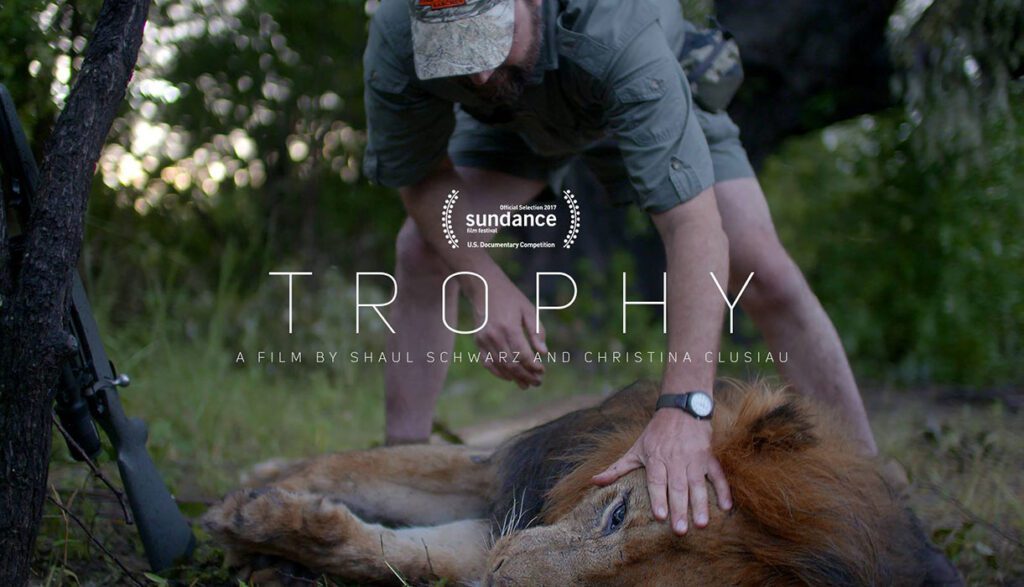November 27, 2018
Lions are one of Africa’s most iconic predators. Over the past century, the population of this incredible animal has plummeted from over 200,000 to an estimate of about 20,000 today. Conservation of this species is very complex, with one recent report estimating a cost of over 1 billion dollars per year to save this important apex predator. Population decline, habitat loss, poisoning, and hunting are all problems that need to be addressed. These multi-faceted problems require elaborate processes and collaborations between governments, NGO’s and private citizens to amend.
Dr. Craig Packer, renowned author and director of the University of Minnesota’s Lion Research Center, is one of the world’s leading lion researchers and ecologists and has dealt with these problems first-hand. On Saturday, December 1, Craig will be present at The Little Theater in Rochester for a screening of the documentary Trophy, which begins at 2:00 p.m. The screening will be followed by an open discussion with Dr. Packer about the African hunting industry and complexities of wildlife conservation. The ZooShop also has copies of Dr. Packer’s book Lions in the Balance: Man-Eaters, Manes, and Men with Guns.As Africa continues to grow in both population and agriculture, there is a need to protect people from the dangerous animals that inhabit the continent while also protecting natural habitat for the animals to thrive in. As humans encroach into lion territory, natural prey species are depleting which leads lions to seek out livestock as a source of food. Since rural people depend heavily on their livestock, lions are killed in retaliation or even pre-emptively because of the perceived threat.
In an attempt to create a mutually-beneficial solution, many reserves have fenced their boundaries. Although this may sound like an easy solution, fencing in habitat can produce an array of its own problems. Fences help keep lions in the reserve but also cut off the potential of new genetics being introduced to the existing populations.Fenced reserves also demand a higher level of human monitoring to maintain the balance in the ecosystem, which is especially challenging in a time that conservation funding is virtually non-existent in many African countries.
Another growing threat to lions is the unsustainable hunting industry. Trophy hunting is a controversial concept that if done correctly, can strengthen lion populations and fund conservation. However, working with government agencies and NGO’s for lion conservation becomes complex when there are often competing purposes. And that is what the film Trophy conveys – the complex issues surrounding trophy hunting.With all the threats facing the African lion, it is impossible to find a single solution to solve every problem. However, in protected areas where human pressure has been reduced, lion populations are bouncing back. To secure the future of the African lion, research must be done to find the best way to manage protected areas. Seneca Park Zoo partners with the Lion Research Center by supporting SnapshotSafari, a camera trap initiative that relies on volunteers to classify thousands of images. Researchers then use these images to find which reserves have balanced ecosystems and implement conservation strategies from those areas into unbalanced reserves.
Learn more and be a part of the solution by visiting snapshotsafari.org.
– Annie Wheeler, Lead Zoo Naturalist for Programs
Tickets for the screening








